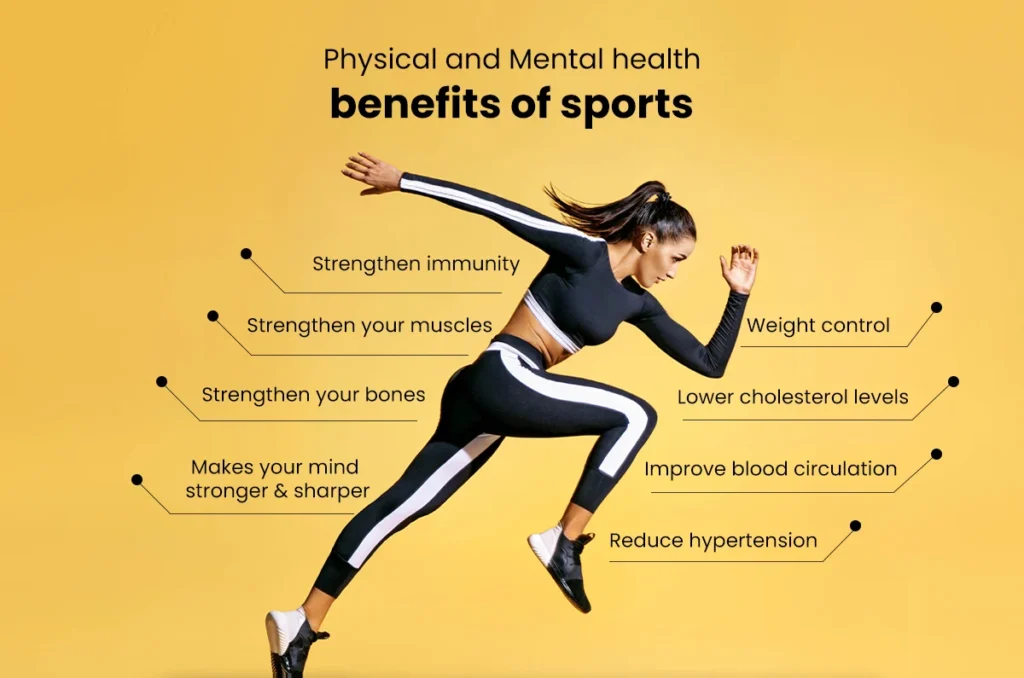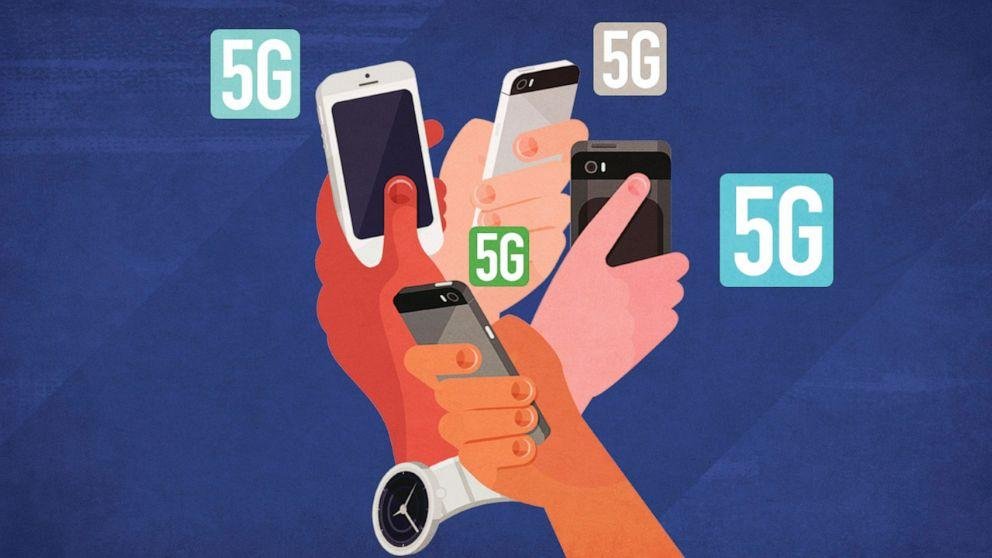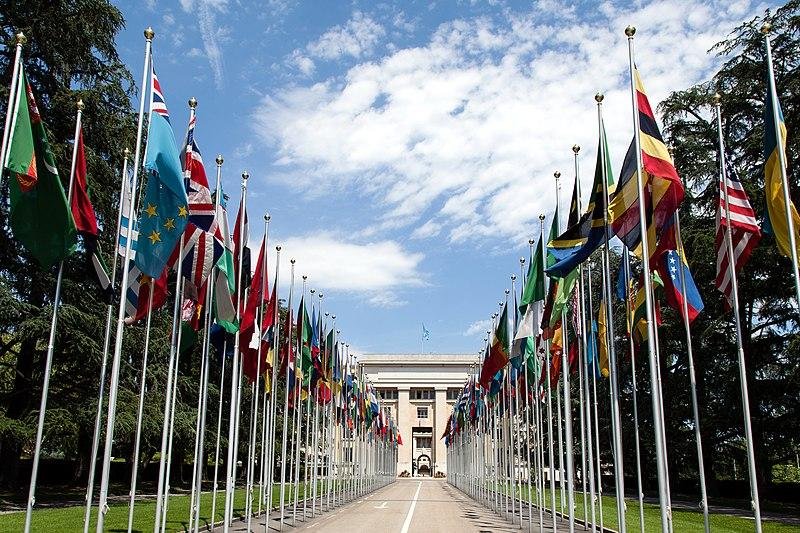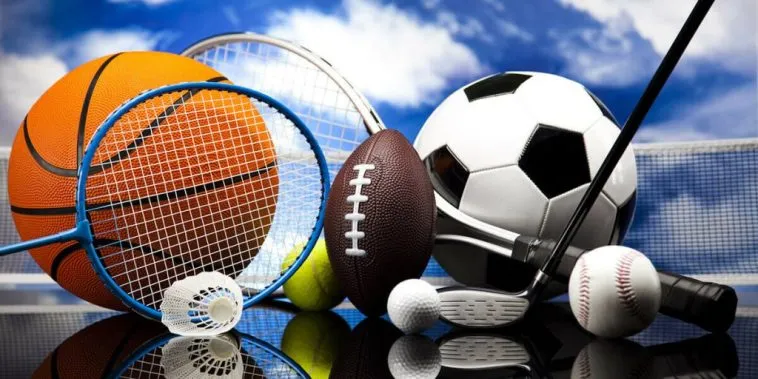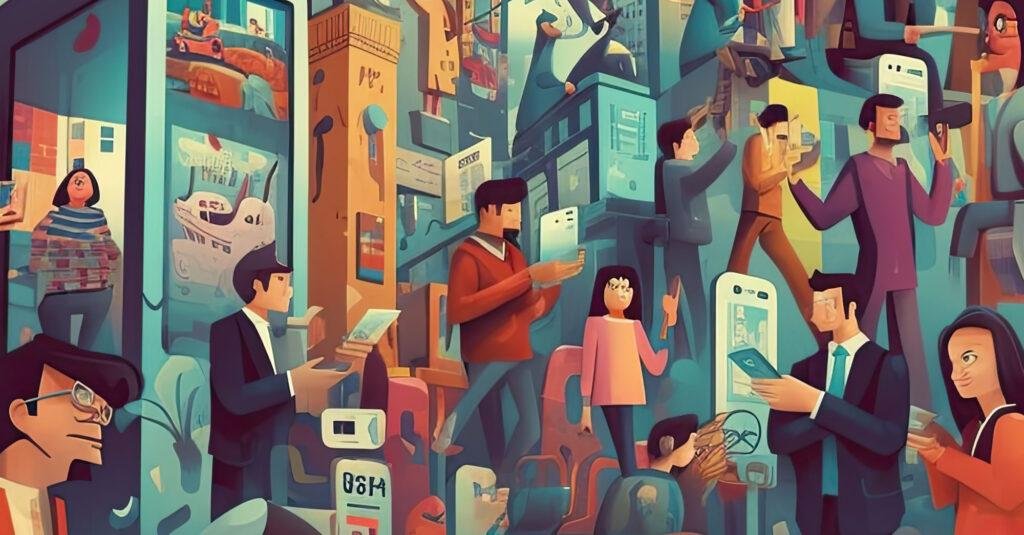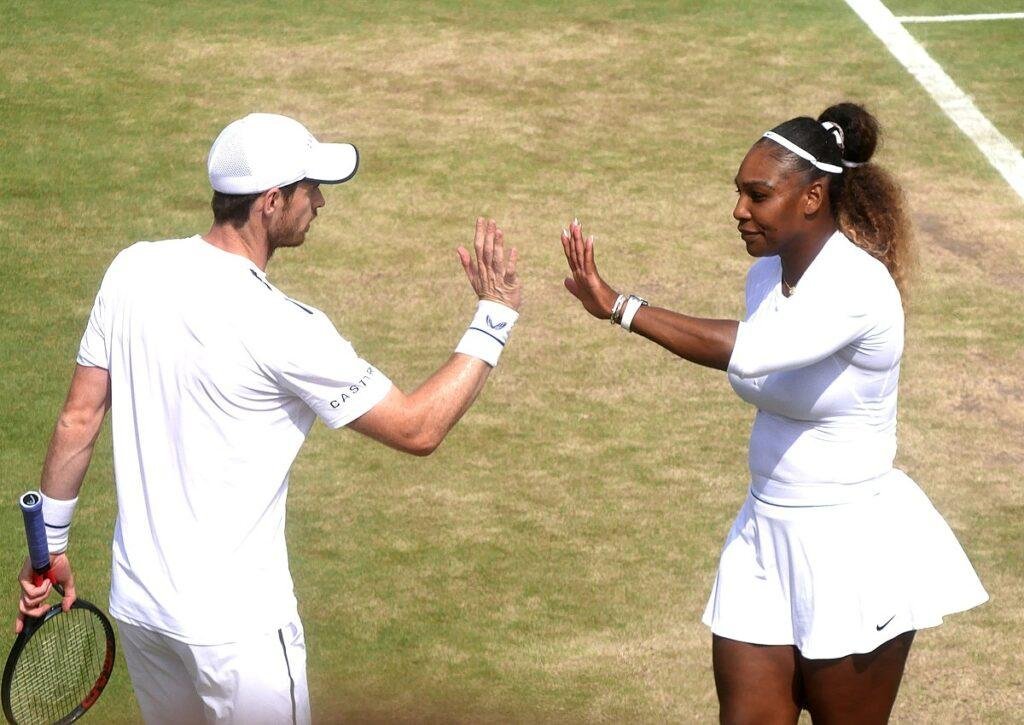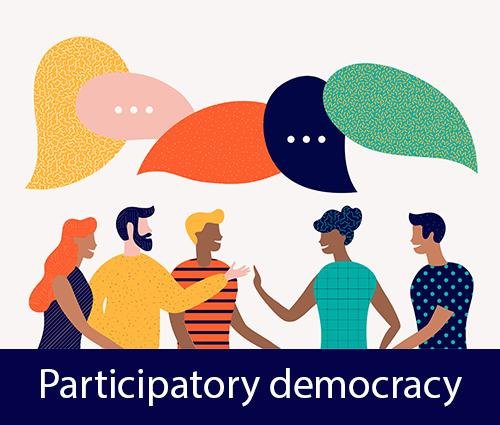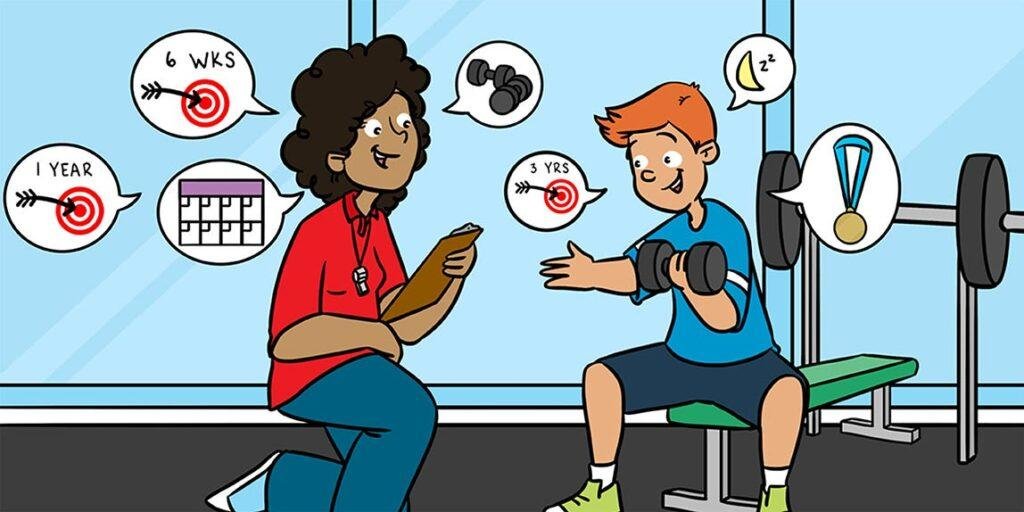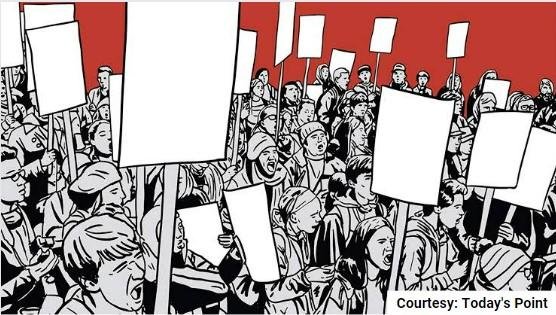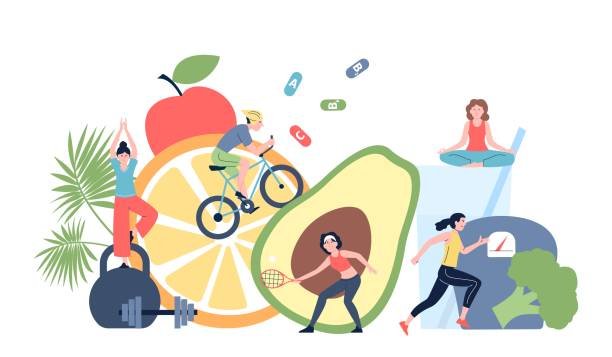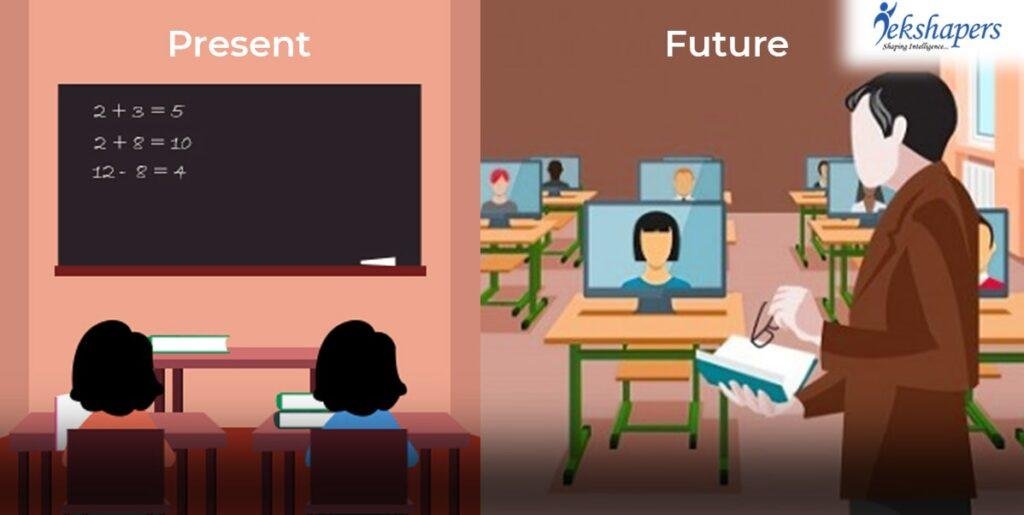The role of money in politics
This topic examines the influence of money on political campaigns and decision-making, including the effects of campaign finance laws, the role of special interest groups, and the rise of political action committees (PACs).
Money has always played a significant role in politics, influencing the outcome of elections and shaping policy decisions.

In modern politics, the role of money has become even more pronounced, as political campaigns have become increasingly expensive and special interest groups have gained more influence.
This essay explores the role of money in politics, including the effects of campaign finance laws, the role of special interest groups, and the rise of political action committees (PACs).
One of the main ways that money influences politics is through campaign contributions. Political campaigns are expensive, and candidates rely on contributions from individuals, corporations, and other organizations to fund their campaigns.
Yet, money’s influence on campaigns sparks worries about corruption and democratic process distortion.
Campaign finance laws have been enacted in many countries to regulate the role of money in politics. Such laws typically restrict individual and organizational campaign contributions and mandate disclosure of contributions and spending.
In the United States, for example, the Federal Election Campaign Act (FECA) regulates the role of money in federal elections. Setting limits on contributions and requiring disclosure of campaign finance information.
Though campaign finance laws aim to limit money’s influence in politics. They haven’t fully addressed the issue due to the growing influence of PACs in political campaigns.
PACs are organizations that are formed to support political candidates or issues. They can be formed by individuals, corporations, labor unions, or other organizations, and they are subject to campaign finance laws.
PACs can make contributions directly to political campaigns, and they can also run independent expenditure campaigns that support or oppose candidates.
The rise of PACs has had a significant impact on the role of money in politics. PACs play significant roles in political campaigns, contributing millions to candidates and running independent expenditure campaigns that influence election outcomes.
This raises concerns about undue influence by special interest groups and democratic process distortion.
Special interest groups are another way that money can influence politics. Special interest groups represent specific groups like businesses, unions, environmentalists, or religious organizations.
These groups can use their resources to lobby politicians and influence policy decisions.
Special interest groups can be influential in shaping policy decisions, especially when they have significant financial resources. For instance, a business organization might lobby for tax breaks or policies benefiting its members.
Similarly, an environmental group might use its resources to lobby for regulations that protect the environment.
Special interest groups’ political influence raises concerns about undue influence and democratic process distortion.
Critics argue that special interest groups can use financial resources to sway politicians and distort policy decisions in their favor, even against the public interest.
Conclusion
Money’s role in politics raises concerns about democratic process integrity.
Campaign finance laws regulate money’s role in politics, but the growth of PACs and special interest groups complicates addressing the issue.
While money can be a legitimate way to support political campaigns and influence policy decisions. It’s crucial to prevent undue influence from distorting the democratic process and ensure policy decisions serve the public interest. 온라인카지노

